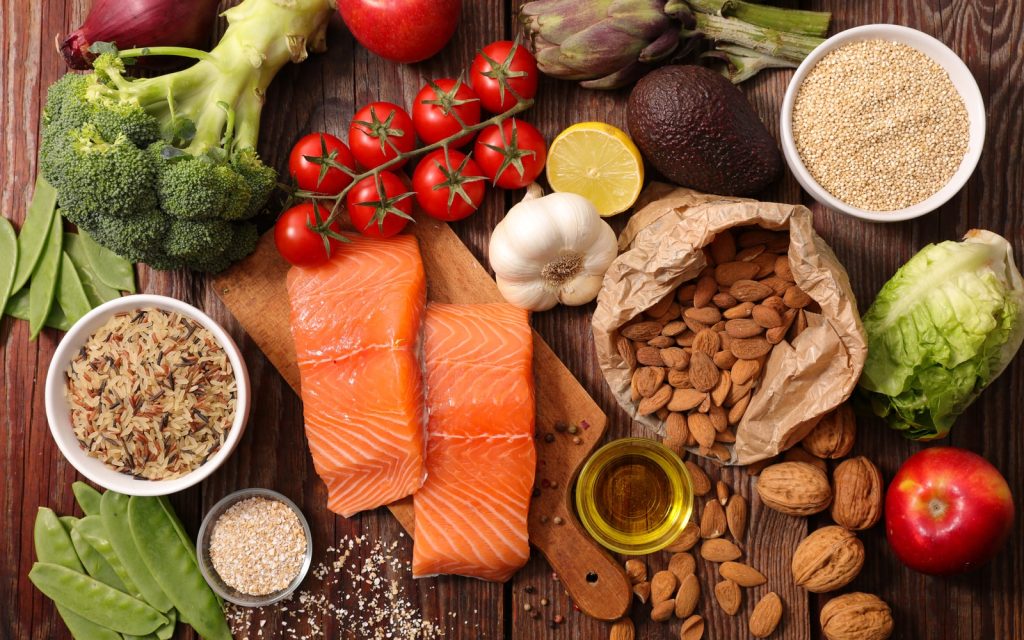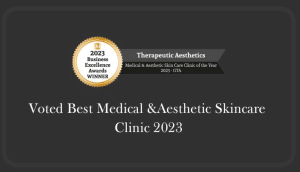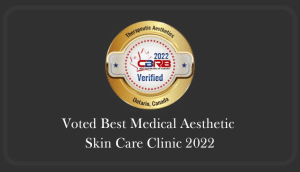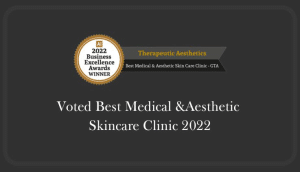Having glowing, beautiful skin takes much more than finding the right lotion – truly vibrant skin comes from the nutrients that we find through our diets. Beauty foods have become one of the latest trends to hit cosmetic clinics, but even when this trend dies out, our diets will still have a huge impact on our skin’s radiance, softness, and glow. By feeding into your gut health, you can have more luminous skin over time. Science backs up many of the benefits that these nutrients bring to the table, hence why we’re here to explore some of the benefits that nutrients can bring to our skin and how we can take better care of our skin through our diets.
OUR SKIN, OUR BODIES, AND OUR HEALTH
As the human body’s largest organ, it protects us from microbes and various elements and provides our bodies with sensations such as pain, pleasure, temperature, and pressure. As our first line of defense, skin problems such as acne, fungal infections, and dermatitis can all indicate internal problems with our health. The nutrients we consume can all influence areas such as skin wrinkles, dryness, and thinning, and foods containing unhealthy components such as saturated fats and sugars can often increase the likelihood of wrinkles and earlier signs of aging. Chronic diseases, lower levels of physical activity, and poor diets are all factors that can influence skin health.
But one of the biggest issues presented is that there isn’t enough evidence that helps define what foods contribute to skin problems such as acne and dermatitis. As diets change and societies attempt to modernize food production, well-conducted studies can only provide so much information to fill in the gaps of knowledge missing when it comes to our skin. However, studies can confirm that diets consistent with good nutrients and proper, whole foods diets can help reduce signs of aging in adults with skin problems. The prevention strategies we have now are an accumulation of both knowledge about the environmental factors that affect our skin and the understanding of how we age intrinsically, the same pattern that affects all of us.
When looking internally, our bodies age due to the progressive loss of tissue and organ function, which includes our skin, one major theory that influences the aging process is the oxidative stress theory. The oxidative stress theory occurs due to the process of damage to DNA and changes in the protein molecules and lipids within the cells, losing their functionality and dying. On the other hand, the external factors that influence cell damage include dietary habits, nutrition, physical activity, air pollutants, UV rays, and temperature can all affect the aging process.
Out of these two categories, people have more control over the external factors related to their health, and when it’s about our skin, nutrients can bring out great benefits for our skin, aiding our skin cells in the process of metabolic function osmosis, and healing. The epidermal layer of our skin, the outer layer of skin most vulnerable to outside influences, nutrients can assist in the replacement of dead skin cells and assist in the skin’s healing process. Specifically, antioxidants and probiotics have been exceptional at providing better skin health and reduction of skin conditions.
ANTIOXIDANTS AND PROBIOTICS FOR YOUR SKIN
Although many nutrients can provide benefits to your skin, including vitamin C, E, A, and D, antioxidants and probiotics have been particularly powerful in improving skin health. According to various studies:
Antioxidants fight off free radical damage by affecting the intracellular pathways involved in skin damage. These nutrients protect the skin against photodamage, reduce inflammation throughout the blood vessels, and can help prevent wrinkles.
Probiotics have the potential to treat skin diseases using probiotic bacteriotherapy, treating eczema, atopic dermatitis, and acne. While using probiotic skin products containing probiotics, consuming probiotics can help improve gut flora, which can help influence the body’s ability to metabolize nutrients and maintain health.
A good rule to follow for taking care of your skin is to find food groups that follow the color wheel and find foods that contain rich amounts of antioxidants that can help protect your skin against environmental radicals and help your skin glow brighter and softer. Some of the best foods you can use to gain better skin include:
Berries: Berries are often the most advertised foods for antioxidants, and for a good reason. Berries such as blueberries are packed with antioxidants that can protect your skin from the effects of sun rays. Strawberries, in particular, are an amazing source of vitamin C, which can help reduce the effects of fine lines, wrinkles, and poor skin tone.
Green Tea: Green tea contains catechin polyphenols that work to reduce the signs of aging by repairing cell damage that causes wrinkles, blemishes, and other skin impurities. Green tea also has a great source of antioxidants that can easily be combined with berries and other fruits and vegetables in smoothies to give your skin the boost it needs.
Yogurt: For probiotics, any fermented food that contains healthy bacteria can help improve gut health and thus improve skin health. Yogurt is considered the most popular form of probiotic, as yogurts also contain calcium and vitamin D, which improves bone health.
Tofu: Tofu, especially for those vegans and vegetarians, is a great addition to any diet for replacing proteins and improving gut health. However, tofu can be used in foods such as miso to improve their probiotic content and be more easily absorbed.
Both antioxidants and probiotics have the ability to moisturize and brighten the skin, reduce fine lines and wrinkles, and help alleviate chronic skin conditions such as rosacea and inflammation. While many skin products containing antioxidants and probiotics can help your skin, your diet is one of the best ways of gaining the benefits of these nutrients. Boosting your skin health means taking care of your body, and what better way to take care of your skin than through antioxidants and probiotics.

